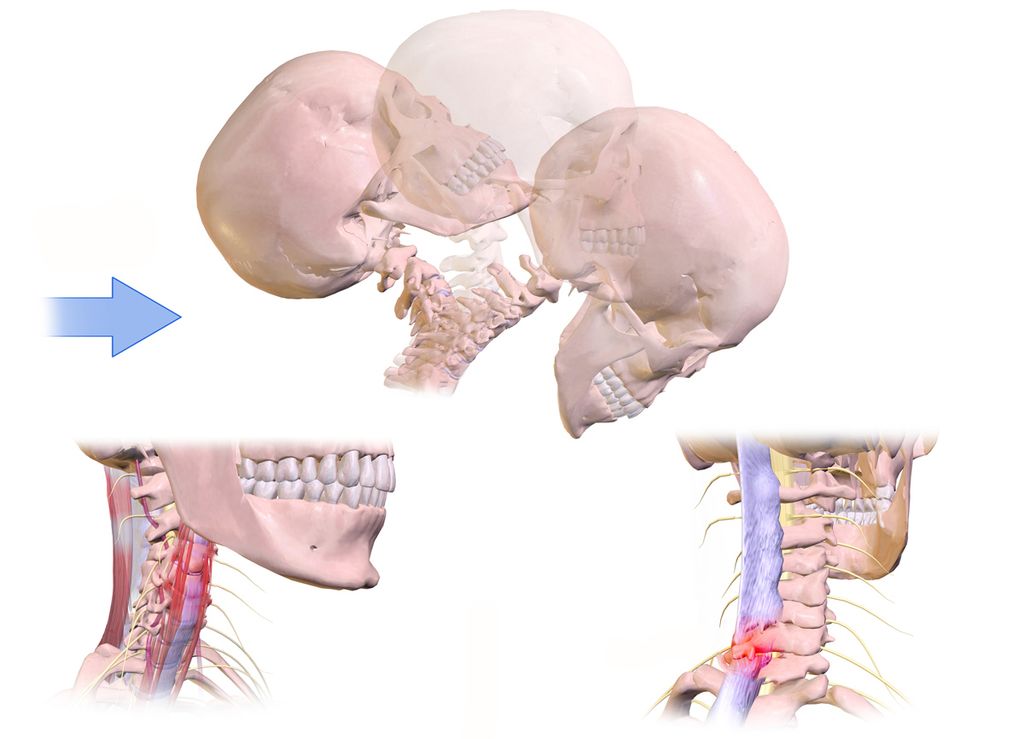Be sure to stretch regularly. This will help keep the muscles and tendons flexible, which will reduce your risk of injury.
If you have ever suffered a muscle tear in your neck, you know how painful and debilitating it can be. These muscles play an essential role in the body, and when they are injured, it can be challenging to do even the simplest tasks.
We will discuss what happens when you tear a muscle in your neck and the treatment options available. We will also provide advice on preventing neck injuries in the future.
What Is a Muscle Tear?
A muscle tear is a partial or complete rupture of a muscle. Injuries can be categorized based on the severity and the affected muscle or muscle group.
Avulsion
The most common type of muscle tear is an avulsion, which occurs when the force of the injury pulls the muscle away from its attachment point on the bone. This injury is most often seen in the neck and shoulder area.
Muscle Strain
A muscle strain is a partial rupture of the muscle fibers. Strains are more common than avulsions and can occur in any muscle group. Tearing a muscle in your neck can be a harrowing experience.
Cervical Strain

The most common type of neck injury is a cervical strain, a stretching or partial tearing of the muscles and tendons in your neck. This type of injury is often caused by sudden movements, such as whiplash from a car accident. Learn more about torn neck muscles in accidents.
Symptoms of a cervical strain include pain, stiffness, and tenderness in the neck. The good news is that most strains heal within a few weeks.
Cervical Sprain
Another type of neck injury is a cervical sprain, which occurs when the ligaments in the neck are stretched or torn. A cervical sprain can also happen due to sudden movement, trauma, or overuse. Symptoms of a cervical sprain include pain, stiffness, and decreased range of motion.
Cervical Fracture
A less common but more severe type of neck injury is a cervical fracture. A cervical fracture occurs when one of the bones in the neck (usually the vertebrae) is broken. Cervical fractures can be caused by severe trauma, such as a car accident. Symptoms of a cervical fracture include severe pain, numbness, tingling, and paralysis.
The Symptoms of a Muscle Tear
The symptoms of a muscle tear vary depending on the type and severity of the injury. However, most muscle tears will cause:
- Pain
- Swelling
- Bruising
- The muscle may feel weak or numb
- Dizziness
- Nausea
- Vomiting
How Muscle Tears Are Diagnosed
Most muscle tears can be diagnosed with a physical examination. Your doctor will ask about your symptoms and medical history and examine the affected area. In some cases, additional testing, such as an MRI or CT scan, may be necessary to confirm the diagnosis.
How Muscle Tears Are Treated
Depending on the severity of the injury, there are different ways to treat a muscle tear:
- Resting: Most mild muscle tears can be treated at home with rest; resting is essential to allow your body to heal.
- Applying ice: This can help reduce pain and swelling.
- Taking over-the-counter pain medication: This can also help reduce pain and inflammation.
- Physical therapy: This can help stretch and strengthen your neck muscles and increase the range of motion in the affected area.
- Surgery: In more severe muscle tears, surgery may be necessary to repair the damage.
How to Prevent Muscle Tears
There are several things you can do to help prevent muscle tears. It is essential to warm up before participating in any physical activity. This will help increase blood flow to the muscles and tendons and reduce your risk of injury.
Be sure to stretch regularly. This will help keep the muscles and tendons flexible, which will reduce your risk of injury. Listen to your body and rest when you feel tired or sore. Over-training can lead to muscle imbalances and injury.
Take Time to Heal
If you have any concerns about a possible muscle tear, see your doctor. Early diagnosis and treatment are crucial to preventing further damage and promoting healing. With proper treatment, most people make a full recovery from muscle tears. However, severe injuries may require surgery and can lead to long-term problems.


Join the conversation!